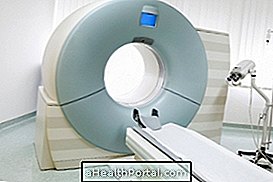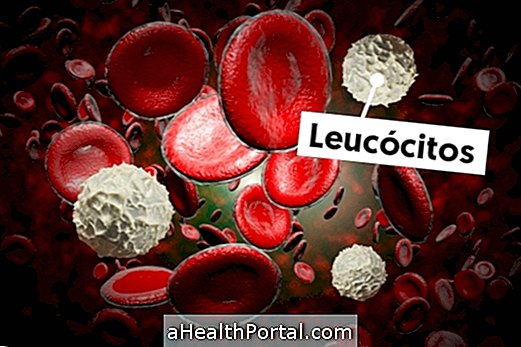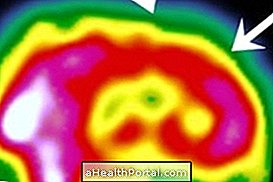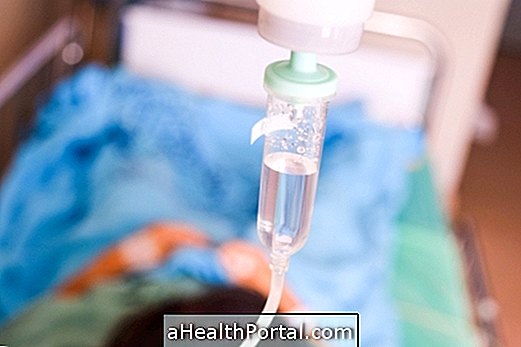The troponin test is done to evaluate the amount of troponin T and troponin I proteins in the blood, which are released when there is damage to the heart muscle, such as when an infarction occurs, for example. The higher the damage to the heart, the greater the amount of these proteins in the blood.
Thus, in healthy people, the troponin test usually does not identify the presence of these proteins in the blood and is considered a negative result. Normal values of troponin in the blood are:
- Troponin T: 0.0 to 0.04 ng / mL
- Troponin I: 0.0 to 0.1 ng / ml
In some cases, this test may still be ordered with other blood tests, such as myoglobin or creatine phosphokinase (CPK) dosing. Understand what the CPK exam is for.
The test is done from a blood sample that is sent to the laboratory for analysis. For this type of clinical analysis it is not necessary any kind of preparation like fasting or avoiding medications.

When to take the exam
This test is usually ordered by the doctor when there is a suspicion that a heart attack has occurred, such as when symptoms such as severe chest pain, difficulty breathing or tingling in the left arm, for example. In these cases, the test is also repeated 6 and 24 hours after the first test. Check for other signs that may indicate a heart attack.
Troponin is the main biochemical marker used to confirm myocardial infarction. Its concentration in the blood begins to rise 4 to 8 hours after the infarction and returns to normal concentration after about 10 days, and may tell the doctor when the test occurred. Although troponin is the main marker of infarction, troponin is usually dosed along with other markers, such as CK-MB and myoglobin, whose blood concentration begins to increase 1 hour after infarction. Learn more about the myoglobin test.
Troponin testing may also be ordered because of other causes of heart damage, such as in cases of angina, which worsen over time but do not show symptoms of myocardial infarction.
What does the result mean?
The result of the troponin test in healthy people is negative, because the amount of proteins released into the blood is very low, being little or not detected. Thus, if the result is negative 12 to 18 hours after a heart pain, it is very unlikely that a heart attack has occurred, and other causes such as excessive gas or digestive problems are more likely.
When the result is positive, it means that there is some injury or alteration in cardiac functioning. Very high values are usually a sign of a heart attack, but lower values may indicate other problems such as:
- Very fast heart rate;
- High blood pressure in the lungs;
- Lung embolism;
- Congestive heart failure;
- Inflammation of the heart muscle;
- Trauma caused by traffic accidents;
- Chronic kidney disease.
Typically, blood troponin values change for about 10 days and can be evaluated over time to ensure that the lesion is being treated correctly.
See what tests you can do to assess heart health.
























